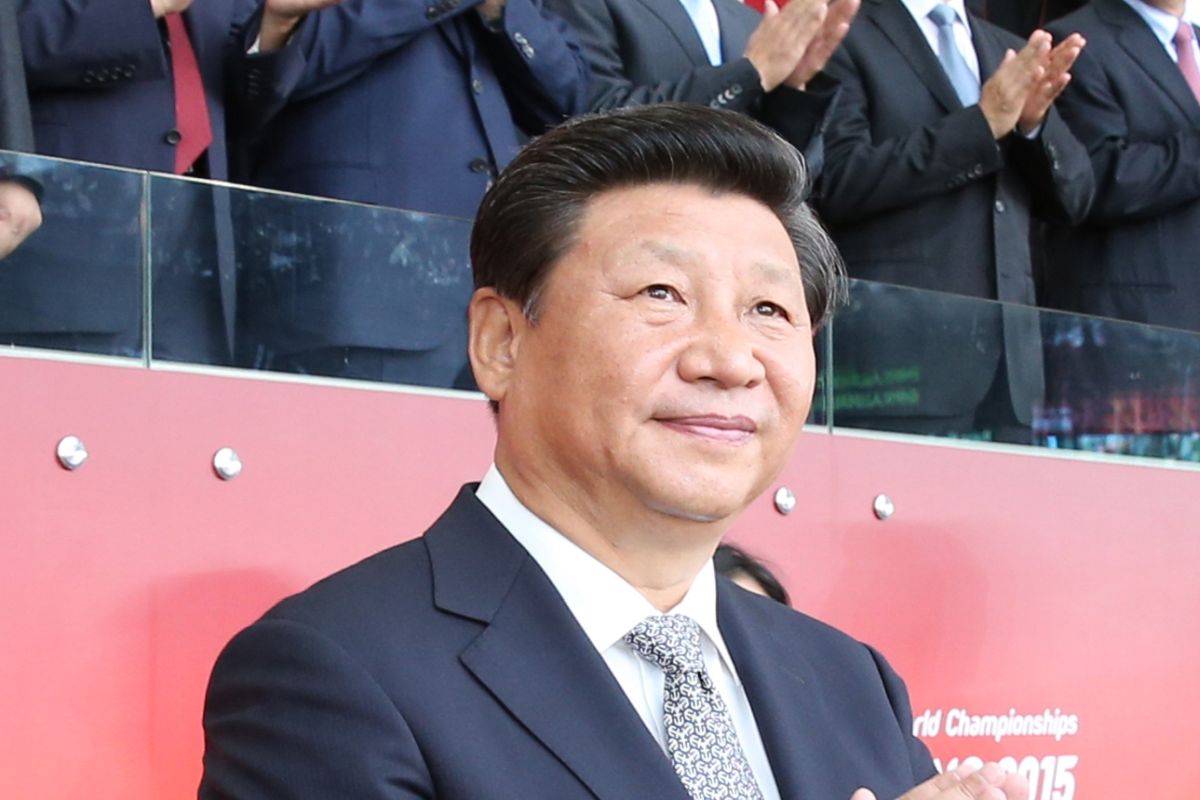US pauses aid to Ukraine, say reports
US President Donald Trump has paused all aid to Ukraine till as much time as it takes to determine President Volodymyr Zelensky's commitment to ending the war with Russia,
“After more than two months of social unrest, it is obvious to many that discontent extends far beyond the bill.”

Chinese President Xi Jinping. (File Photo: Xinhua/IANS)
From a state of abeyance, which ironically exacerbated the volatility of Hong Kong, Wednesday’s withdrawal of the extradition bill will hopefully defuse the island nation’s worst political crisis in decades, at any rate since Britain’s handover of the city to China in 1997.
The chief executive, Carrie Lam, has let it be known that her government will formally withdraw the controversial bill to “fully allay public concerns”.
Advertisement
The bill, which provided for the extradition of suspects to China to be tried under the mainland’s opaque judicial system, had ignited mass protests in June, leading to increasingly violent confrontations with the police and the arrest of more than 1,000 people.
Advertisement
In the net, the force that sustains state power and the interests of China was mobilised against the people. Last week, Beijing’s counter-mobilisation saw the deployment of a unit of the People’s Liberation Army in the stillness of the night.
We must assume that Ms Lam had the concurrence of China while withdrawing the legislation, which would signal an unlikely and unprecedented climbdown by President Xi Jinping’s government. Markedly, response to the Bill has been muted in mainland China.
Suffice it to register that the chief executive has announced a bold decision on an issue that is at the root of the conflagration.
Notably, she has not conceded other demands, including an inquiry into the police violence that may yet roil China’s tiny protectorate. In retrospect, the trouble-shooting exercise ought to have been initiated much earlier, when the closure of the airport, most importantly flights to Europe and America, had reduced the protectorate to a state of unsplendid isolation.
Hence the statement made with disarming candour ~ “Our citizens, police and reporters have been injured during violent incidents,” Ms Lam said.
“There have been chaotic scenes at the airport and mass transit railway stations; roads and tunnels have been suddenly blocked. For many people, Hong Kong has become an unfamiliar place.” It may be a while before the picturesque land becomes a “familiar place” once again; more accurately, it is today one of the chief troublespots in Asia.
The withdrawal of the bill might spare Hong Kong a rerun of Tiananmen Square (June 1989).
Though she has ruled out an inquiry into police excesses over the past three months, Ms Lam has proposed certain steps to sustain Wednesday’s forward movement.
These include pledges to follow up the recommendations of the Independent Police Complaints Council (IPCC), to set up a platform for dialogue, and to invite community leaders and experts to advise the government on social issues.
“After more than two months of social unrest, it is obvious to many that discontent extends far beyond the bill,” she said.
“Let’s replace conflicts with conversations.” Ms Lam’s announcement, which marks a volte-face after months of vowing not to back down to the protesters, comes less than a month before China celebrates its national day on 1 October, the 70th anniversary of the founding of the People’s Republic of China. Hong Kong is now simmering, hopefully a change from the bubbling cauldron.
Advertisement